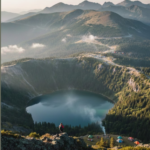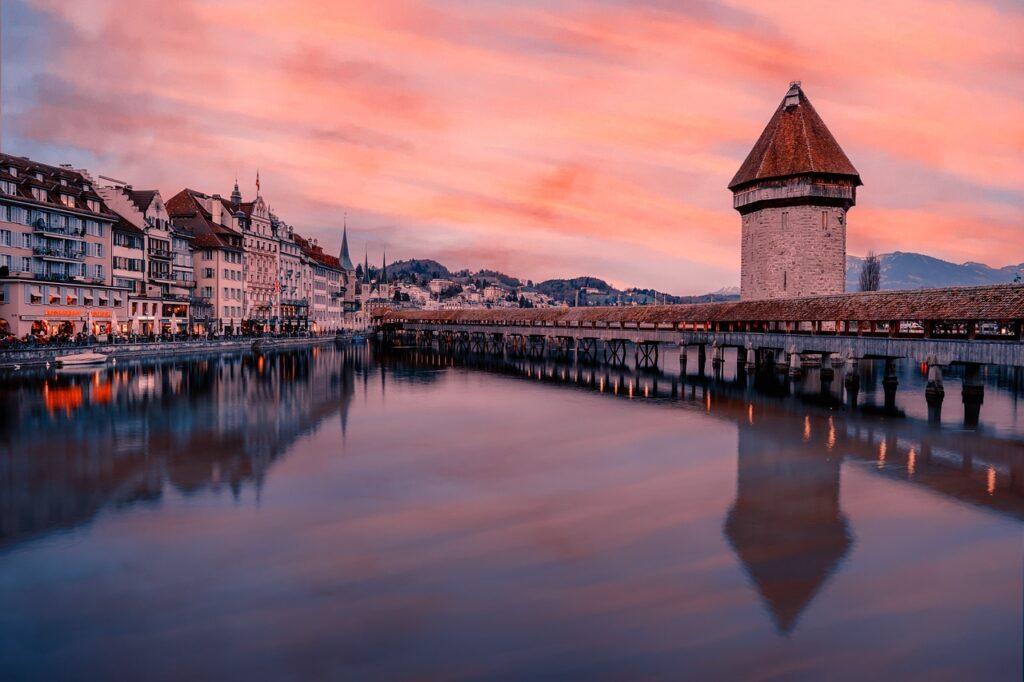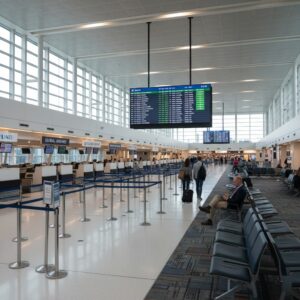Switzerland is experiencing a significant increase in luxury tourism, with a noticeable expansion of five-star hotels and exclusive services tailored to affluent travelers from the United States, Gulf States, China, and India.
This strategic focus has proven economically beneficial, as luxury accommodations, while accounting for just 8% of overnight stays, contribute approximately 25% of the country’s total tourism revenue.
However, this emphasis on upscale tourism is raising concerns among locals and experts regarding its broader social impact. In popular alpine destinations like St. Moritz and Zermatt, the influx of wealthy visitors has pushed up living costs, making housing less affordable for residents and seasonal workers. Many argue that such trends could erode the cultural authenticity and charm of these once-traditional mountain villages.
Environmental concerns are also intensifying. Ambitious projects like the Matterhorn Glacier Ride have sparked criticism over the commercialization of Switzerland’s pristine alpine landscapes. Although the country has introduced sustainability measures, including renewable energy adoption and eco-friendly transportation, the growing luxury tourism footprint risks upsetting the fragile ecological balance.
Switzerland now faces a crucial challenge—maintaining its position as a global luxury destination while preserving the natural beauty, affordability, and cultural integrity that made it appealing in the first place.


















More Stories
US Tourism Plunges from Europe & Canada: Visa Barriers Hit Hard
AI Revolutionizes Travel Planning in 2026
Spain Tourism 2026: Stabilizing with Premium Spending Surge